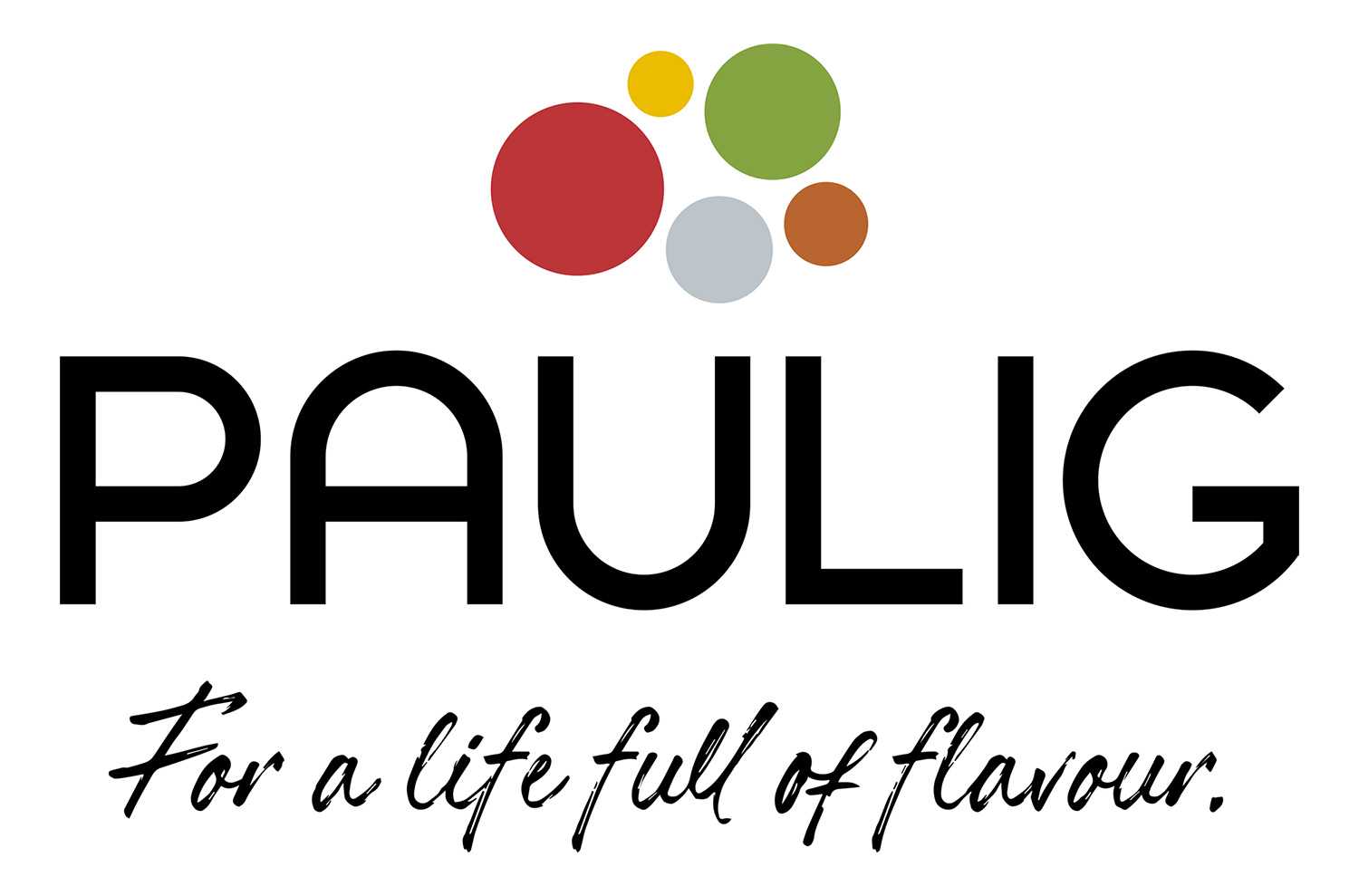HELSINKI, Finland – The international food and beverage company Paulig is exploring alternative and more effective ways to protect nature and its resources. Together with farmers across Europe innovative ways of wheat production are introduced and monitored. With that large scale data, gathered by their partner Improvin’, the company is convinced it can make a huge difference on the nature impact of the food we all eat. Satellite imagery is one of the sources of data-collection.
The environmental impact of food production largely depends on how ingredients are grown. For Paulig products like tortilla chips and wraps, this means focusing on how wheat is cultivated. Working closely with farmers thus is essential to tackle our shared challenges: reducing CO2 emissions, strengthening crop varieties, improving biodiversity, and maintaining healthy soils.
The collaboration between Paulig and farmers focuses on gathering on-farm sustainability data to measure and limit the environmental footprint. The project uses digital infrastructure built by the Swedish climate tech company Improvin’. Their AI-based technology collects information from various sources, including farm management systems and satellite images, to calculate the CO2 emissions and biodiversity impact of the wheat that Paulig sources. For farmers and Paulig, the automated data collection means faster, easier and much more precise sustainability data collection compared to manual methods they’ve used before.
“This marks a key step for us in mapping out our ingredients’ environmental footprint using precise field-level data with significant expansion potential. We’re eager to understand where we stand today and identify areas for improvement. Primary data will help us tremendously in tracking the results of our actions and making informed decisions regarding scaling”, says Salla Sulasuo, Director Sustainability at Paulig.
How technology helps
Measuring the climate impact of food ingredients, like wheat, requires a lot of information. Improvin’s system automatically monitors and gathers information from wheat’s entire growth journey: from sowing to harvest, into milling and processing, until a fresh batch of wheat reaches Paulig’s factories.
One of the valuable information sources is satellite images. They provide useful information about crop types, yields and farming practices. When combined with weather data, the images help predict future yields.
In addition, Improvin’s system receives information from the mills that process the wheat. This is useful as produced volumes and their quality, such as how much drying they require, impact the environmental footprint significantly.
Soil health stands out as another critical indicator of environmental impact and biodiversity. Healthier soil is more fertile and can absorb more carbon from the atmosphere. To assess the soil quality, the system analyses information such as crop rotations.
“There are a few key factors that significantly influence the climate footprint of any grain. Knowing the yields, crop rotations, fertilizer types and how much fertilizer was applied will already give a good indication about the carbon footprint and biodiversity impact”, says Niklas Wallsargård, CEO of Improvin’.
Using all this information, Paulig and farmers can drive change where it matters and reduce the climate impact of the wheat, starting from the fields.
Paulig: Being a frontrunner
Paulig aspires to lead the food and beverage industry through a commitment to sustainability, innovative product development and digital transformation, aiming to create a positive impact on the planet and delight consumers with unique culinary experiences.
“Paulig has set ambitious sustainability goals, verified by the Science Based Targets Initiative to align with 1.5 degree global ambition. Among these goals is a commitment to reduce Paulig’s value chain emissions, known as Scope 3 emissions, by 50% by 2030. It is our mission to become the frontrunner in Europe and we will use our circle of influence to the maximum to reach this goal”, says Rolf Ladau, CEO of Paulig.















